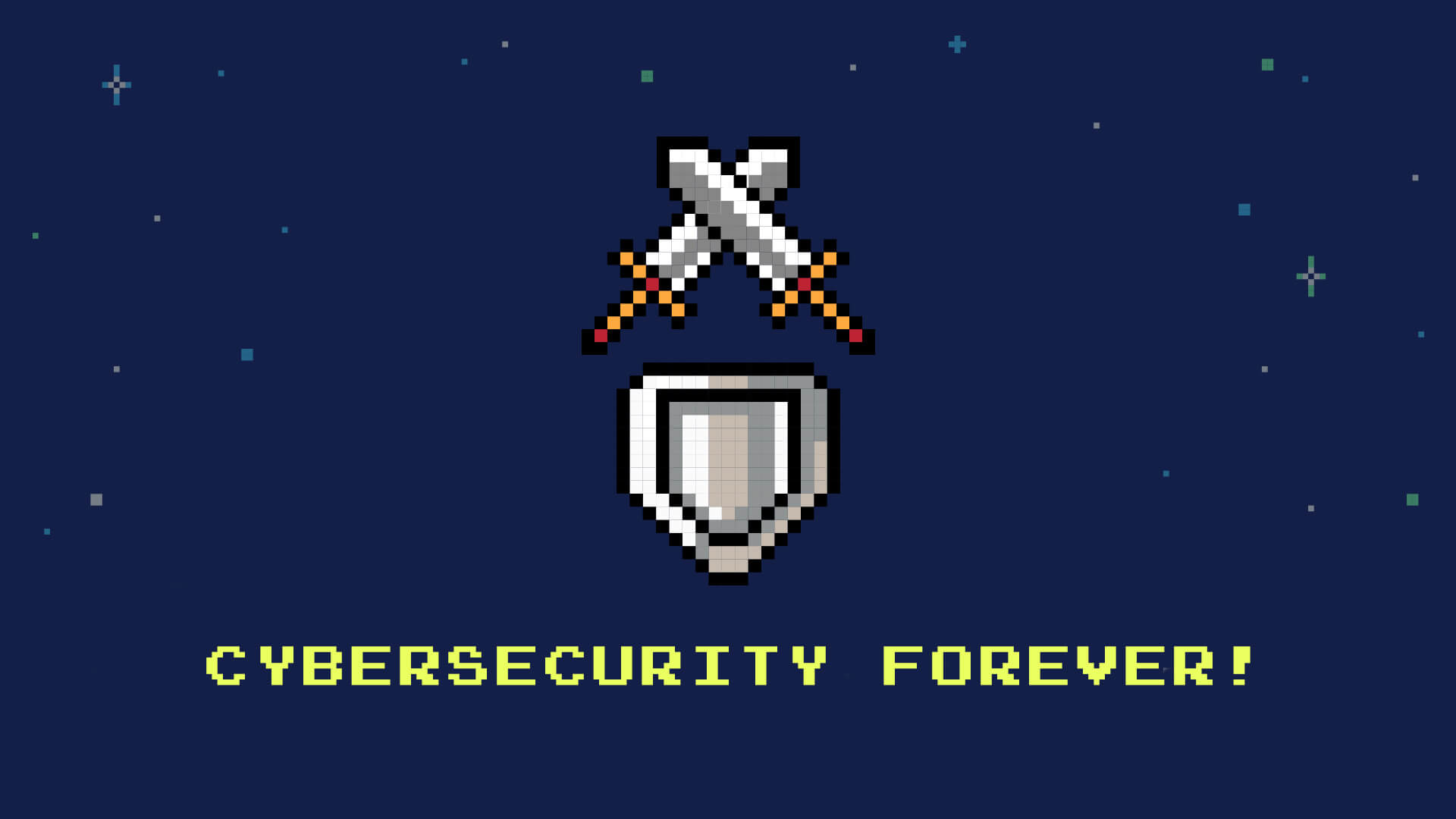Awareness Campaigns for Cybersecurity
Technology advances at an accelerated pace and threats follow it closely; so much so that even small businesses have noticed the bombardment of traps such as information hijacking, identity theft, among other activities that attack data security. However, despite the boom in the technology industry, users are still an easy target.

Cybercrime is a palpable evil, which is often perceived as the suspense story in a movie told by third parties; however, as you read this article, your email or that of the people you interact with every day, are under the sights of someone who does not know your identity or that of your loved ones, and yet it waits for a chance where your information stumbles into their traps.
Have you ever received an email with an invoice attached from a stranger, or from a ”member of your team”, that was not sent by that person? If you feel this has happened to you or your loved ones, expand your knowledge of these attacks here.
A few months ago, due to the 2019 – 2020 Pandemic crisis because of the Covid-19 virus, it came to light that many worried people, uncertain about what was happening in the world, were deceived by supposed informative articles regarding the virus or fake pages promising an early subscription to obtain the vaccine when it was ready.

“For an unbeliever, any proof is questionable”, this quote by Julio Berna should be the golden principle for all those who interact through the Internet today. On the other hand, to make this type of thinking present in the work environment requires awareness to the team.
Some of the topics where the lack of knowledge can lead to your employees being an easy target for cybercriminals are:
- Extortion mails.
- Insecure passwords.
- Unsafe Internet browsing habits.
- Unsafe use of Social Networks
Knowledgeable employees strengthen your company’s defenses against cybersecurity incidents, in addition to promoting values, leading by example, and sharing their experiences with others. Achieving a close step that leads to awareness.
Developing a culture of security is the first step to defend yourself against cyber-attacks; however, while for most people having to learn about it can be tedious and uninteresting, it is important that the team in charge can develop campaigns and security strategies in the organizational environment, where they can inform with empathy and constant monitoring, to meet the objectives of securing information.
But how can you raise awareness among a group of people?
There is no single way to conduct these awareness campaigns. Some teams conduct periodic talks, send out infographics related to the topics of interest, conduct quizzes, or seek help from third parties. Some experts in the area even recommend mixing the campaigns with the issues that occur in the world today, this makes people more interested and even better understand the topic to be addressed; For example: Conducting a mailing campaign not to trust unauthorized links about vaccination against COVID-19 can prevent employees, during their daily personal routine, not to give in to ill-intentioned traps.
An analogy that can be used is how in psychology, one of the most important issues is acceptance. In this sense, you must accept that your knowledge can and is limited in the face of certain information. Behind the computer there are people who, like many, strive to achieve results by strengthening the walls that protect the information. Therefore, it is in your hands the duty to be at the forefront of modern attacks, know how to identify them and know how you can defend yourself.
Therefore, you must know the public you want to raise awareness and the threats that surround them. A good campaign will focus on the most vulnerable pillars, addressing the issues in a clear and concise manner.
How do you measure the progress of awareness campaigns?
The clearest measure you will see is when you start to notice skepticism to strange emails. In addition, the use of secure passwords, as well as a better treatment of private information, among other factors, will indicate the evolution of the learning acquired by the team.
Likewise, there will always be tests, a method of knowledge validation that persists and can easily prove whether a campaign has caused changes or not.
Other advantages of good awareness are:
- Protect Assets.
- Providing knowledge to people.
- Create a chain of influencers in other circles.
- Reduce risks thanks to the knowledge of vulnerabilities.

Conclusions
Despite how all this sounds, I want you to imagine the following: You are at home with your family, it is time for bed, and you put a lock on your front door. This seems like an extremely easy thing to do. Now, ask yourself, how long did it take me to explain to them the importance of putting it on every day before bedtime? Maybe not long, but I can bet that like me, one day you have also left a lock open, the alarm off or a door open by mistake.
We may be technically sure we have closed the lock, but because of an oversight, we do not check to see if we really did. Awareness campaigns are nothing more than a periodic reminder to be aware of today’s threats so that we do not miss the point of being vigilant and having our padlocks ready to go.
There are several tools that allow you to carry out this type of activities and approaches in a dynamic and organized way, to proactively improve the performance of yourself and those around you.
A proactive education reduces reactive crises.
Would you like more information? Let’s talk!
